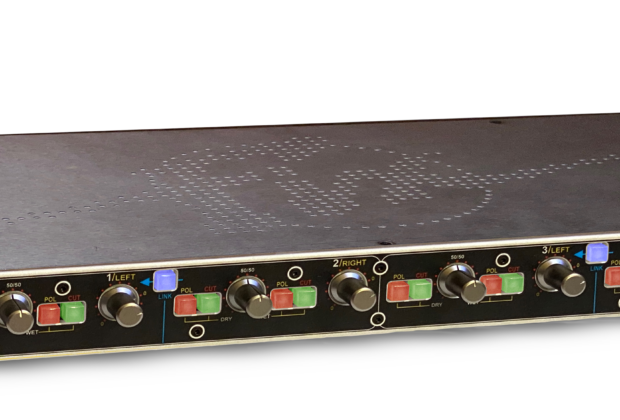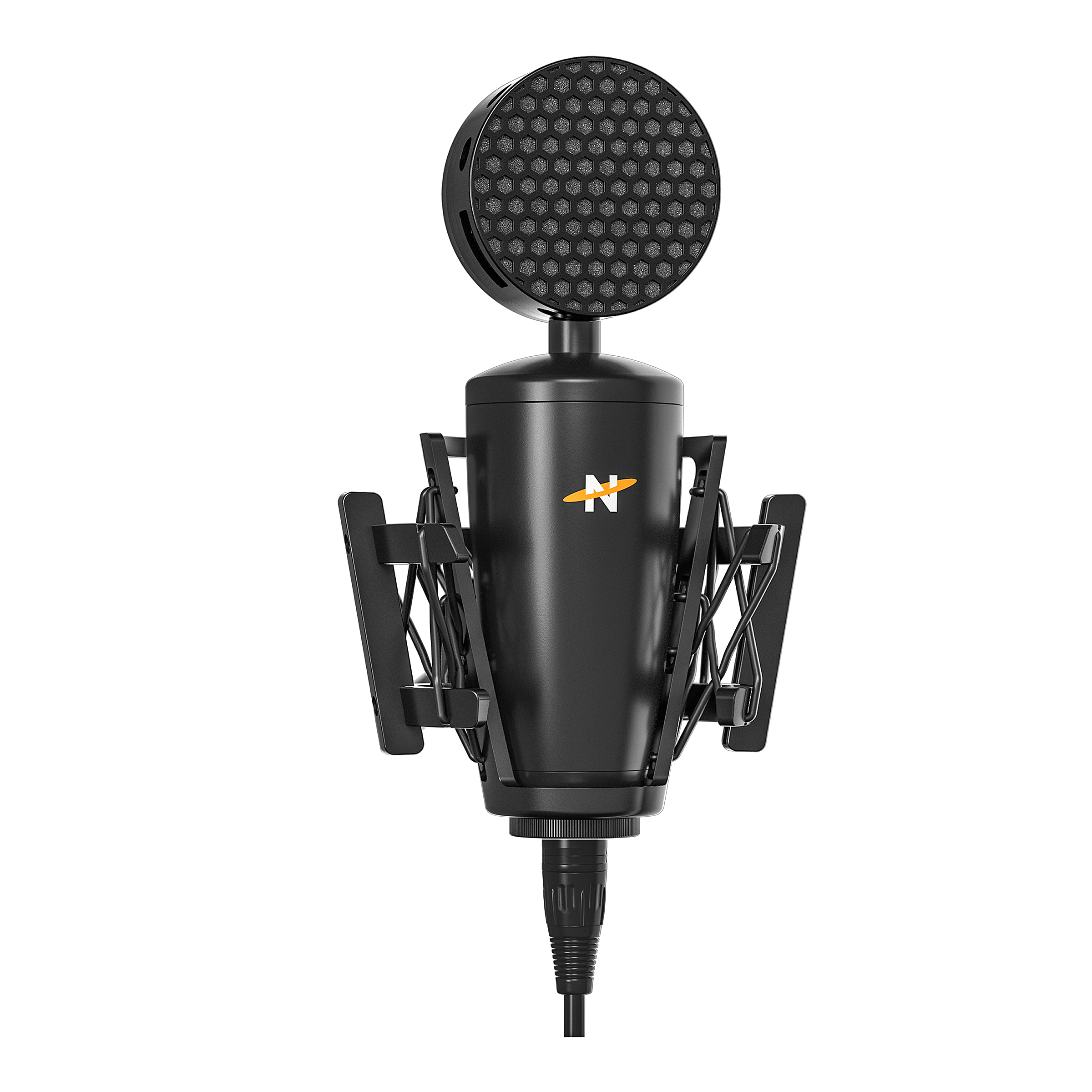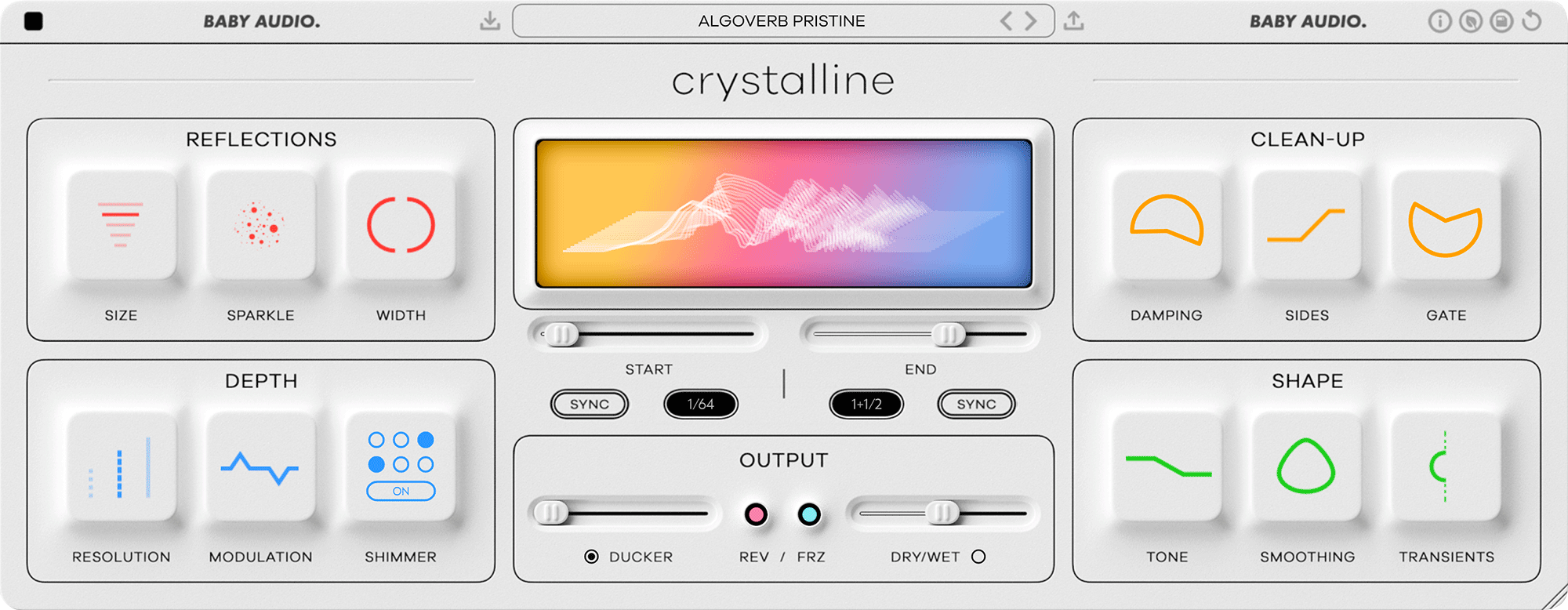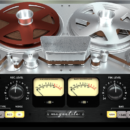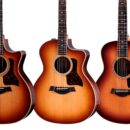The Fix Audio Blender is a way to add Wet/Dry capability to any line level analog processor—a compressor, distortion box or even an outboard reverb unit—or mixing two microphone preamp outputs from two mics on a guitar amp speaker down to one output track.
Wet/Dry or parallel processing is a common feature on DAW plugins but setting it up using hardware analog processors is tricky; the Blender makes it super easy.
The IU Blender's four mono input channels each have a Blend control that mixes the amount of Dry signal (100% at full CCW) relative to the Wet signal (100% at full CW). When the Blend control is straight up at the 50% detent, the output mix is equal parts of wet and dry signals.
I blended the output of a distorted UA 1176LN Limiter with the input signal. Like parallel compression, I'm able to add back the original signal's attack, tonality, and brightness lost during heavy compression. This keeps the resultant mix punchy and colorful.
Blender has individual Output level controls for all four channels plus separate Cut (mute) buttons for both the Dry and Wet signals. The Cut buttons light up red when active and also function as green, pulsating signal present indicators. Lastly, all Wet and Dry inputs—that's eight total—have their own Polarity flip buttons.
For stereo parallel processing, Blender's channels 1 and 2 and 3 and 4 are linkable. In this mode, the left channels' knobs (1 & 3) control both left and right with a single Blend and Output control.
I tried Blender on a finished stereo mix with great results! I was able to compress severely but only use about 20% of the compressed signal to add a saturated color.
Blender brings new functionality to an old-school analog-processing trick. It sells for $995 MSRP

